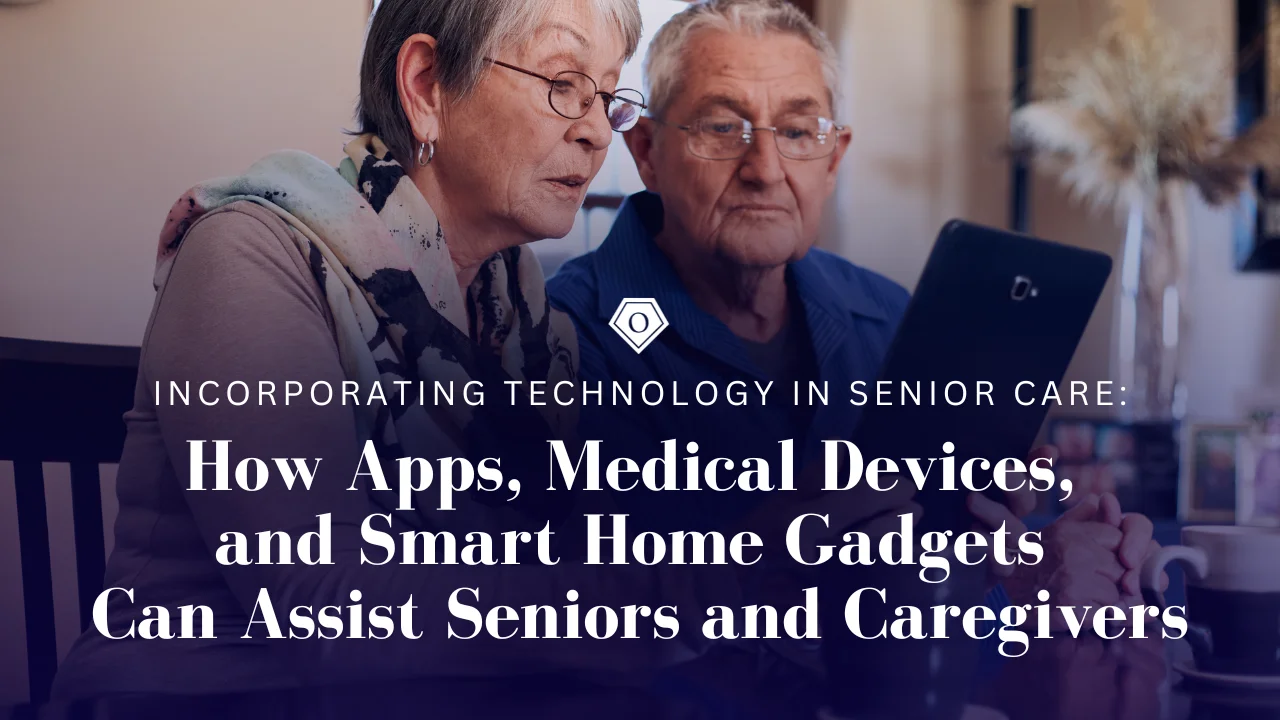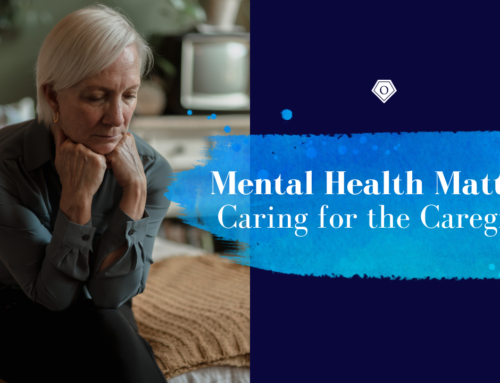Health Monitoring Devices
Wearable medical devices, such as smartwatches or remote sensors, monitor vital signs like heart rate, blood pressure, and blood sugar levels. These devices can automatically send data to healthcare providers and alert caregivers if there are concerning changes. This real-time monitoring allows caregivers and healthcare teams to stay informed and act swiftly, preventing potential medical emergencies. For example, devices like Fitbit or Apple Watch can also track sleep patterns and activity levels, helping caregivers assess overall health.
Caregiving Apps
Apps designed for senior care, such as CareZone, allow family caregivers to log daily activities, track medications, and keep detailed health records. These apps create a central hub of information that can be shared with other family members or professional home health aides, improving communication and ensuring no detail is overlooked. Some apps also send medication reminders and allow caregivers to track symptoms or behaviors, providing a more holistic view of the senior’s health.
Smart Home Gadgets
Smart home devices can be game-changers for safety and comfort. Voice-activated assistants like Amazon Alexa and Google Home can provide medication reminders, set alarms, or even control home functions like lights and temperature. These devices enable seniors to live more independently while maintaining a safe environment. Smart sensors, such as fall detectors or smart doorbells, can alert caregivers when a senior is distressed, or someone enters or exits the home. These tools offer peace of mind for caregivers and seniors, especially those with dementia.
Communication Tools
Video conferencing platforms such as Zoom or Skype allow caregivers and healthcare professionals to visit seniors virtually. This can be particularly helpful for routine check-ins or consultations, reducing the need for transportation and exposure to illnesses. Regular virtual visits also help caregivers visually assess the senior’s well-being, even when they can’t be in person.
Medication Management Devices
Automatic pill dispensers and smart medication management systems ensure seniors take their medications correctly and on time. Devices like MedMinder or Hero alert caregivers if a dose is missed or a new prescription must be filled. These systems reduce errors and help prevent adverse drug reactions, improving overall care quality.
The Benefits of Technology in Senior Care
Caregivers can provide more personalized, proactive care by incorporating technology into senior care. These tools enhance communication between caregivers and healthcare teams and empower seniors to maintain independence and safety in their homes. Real-time data from medical devices, the convenience of smart gadgets, and the coordination enabled by caregiving apps all contribute to better care outcomes and peace of mind for seniors and their families.
Technology is rapidly reshaping senior care, making it easier for caregivers to monitor health, coordinate services, and ensure the well-being of their loved ones. From wearables to smart home gadgets, the future of senior care is more connected, responsive, and supportive than ever before. Incorporating these tools into a care plan can significantly improve the quality of life for seniors while easing the burden on caregivers.
Alzheimer’s and Dementia Care
Onyx Home Care’s neurological disorder care is built around a system of support. This service includes skilled home care as well as a unique program that centers on the patient’s interests and stage of illness. Our goal is to see happy family members, patients and caregivers. Often times, caregivers feel remote. Our team includes each person in the home care process to provide inclusive care that helps the patient thrive.






